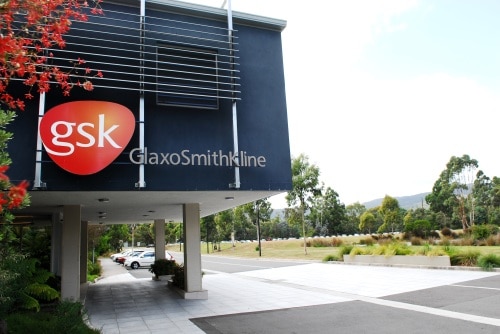
GSK loses £37m appeal over pay-to-delay tactics to block Seroxat competition
pharmafile | March 9, 2018 | News story | Medical Communications, Sales and Marketing | GSK, Pay to delay, Seroxat, antidepressant, pay-to-delay, pharma
GlaxoSmithKline has suffered a sizeable blow after losing an appeal disputing that it had engaged in anti-competitive pay-to-delay tactics to block generic versions of its blockbuster antidepressant Seroxat (paroxetine) from reaching the market.
The British drugmaker was found by the Competition and Market’s Authority (CMA) in February last year to have paid more than £50 million to generics firms between 2001 and 2004 in return for them delaying the launch of their own versions of Seroxat, leaving GSK to continue to reap maximum rewards from its market share. The deals struck were reported to have allowed the generic manufacturers to bring small amounts of the drug to market, enabling them to benefit from some of the profits without increased competition in the space.
Particularly reprehensible is the fact that GSK made these deals to reap financial gain at the expense of the NHS, though the company asserted that it had actually saved the health service money by bringing generic versions of the drug to market earlier.
As punishment, the CMA ordered the firm to pay a fine of £37.6 million – a sum which it has now failed to recoup after losing its appeal. In total, the CMA issued fines to the value of £44.9 million to all involved which included MSD (Merck), Alpharma, Actavis UK, Xellia Pharmaceuticals and Generics UK.
Though the offenders appealed against these fines, the Competition Appeal Tribunal (CAT) has ruled that the deals were decidedly anti-competitive in nature, and were not protected by legal exemptions.
Seroxat was at one time GSK’s biggest selling drug, but its prices fell by 69% once generic competitors hit the market in 2003. It has also been the centre of controversies, after it was uncovered that GSK concealed data which demonstrated that the drug was not effective in children for the treatment of depression, in addition to legal action lodged by thousands of patients in the US and UK requesting damages due to its severe withdrawal symptoms.
Matt Fellows
Related Content

GSK shares results from phase 3 trial for gonorrhoea treatment
GSK has announced positive results from its phase 3 EAGLE-1 trial for gepotidacin, a potential …

GSK’s meningococcal vaccine candidate accepted for FDA review
GSK has announced that the US Food and Drug Administration (FDA) has accepted for review …

GSK shares data from phase 3 trial for Jemperli combinations for endometrial cancer treatment
GSK has announced positive results from part 1 and part 2 of its RUBY/ENGOT-EN6/GOG3031/NSGO phase …







